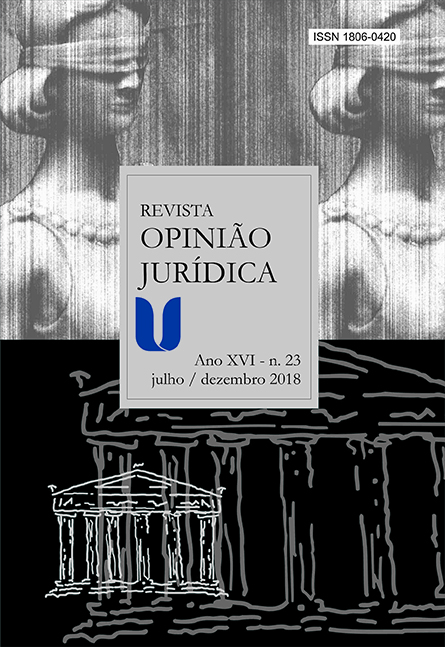Industry 4.0: Horizontal Integration and Intellectual Property Law Strategies In England
DOI:
https://doi.org/10.12662/2447-6641oj.v16i23.p268-289.2018Palabras clave:
Fourth Industrial Revolution, Intellectual Property, Business Strategy, Intellectual Property StrategyResumen
Intellectual Property (IP) is increasingly recognised as a paramount intangible asset influencing the value of companies, as well as their corporate strategies and management. This paper focuses on the impact of implementing Industry 4.0 (I4.0) on the management of IP in collaborative inter-organisational interconnected networks. Such interconnected networks will allow groups of companies, often competitors and/or customers, to share data and to collaborate in the design, development and manufacture of complex products and/or services, exchanging large amounts of proprietary technical data. Furthermore, this paper explores how companies can benefit from the interconnected network capabilities, whilst protecting them from any risks regarding the vulnerability of IP assets to misappropriation, unauthorized use or leakage. The focus of this study is the UK manufacturing industry, where formal contractual tools are being deployed to support IP management in collaborative projects. It relies on an in-depth study of IP management practices in the UK manufacturing supply chain to critically assess the current state of practice in order to provide answers to the risks emanating from IP management in this new and complex collaborative setting. This paper concludes that IP and contractual tools deployed in this new environment must be underpinned by the business strategy and the business model. In addition, changes to organisational structures are necessary to bring together functions that typically operate in silos in many manufacturing businesses, namely: Engineering, Information Technology, Commercial and Legal Departments.
Descargas
Publicado
Cómo citar
Número
Sección
Licencia
La sumisión de artículos para publicación en Opinião Jurídica implica en la transferencia de los derechos autorales por el autor al Centro Universitário Christus – UNICHRISTUS para reproducción, publicidad, distribución, impresión y publicación, de acuerdo con la Norma de Publicación 414R, Opin. Jur., Fortaleza, año 12, n. 6, p. 1-414, Ene./Dic. 2014, costas a cargo de UNICHRISTUS, en cualquier formato o medio existente o que venga a existir, de acuerdo con los artículos 49 y siguientes de la ley federal 9.610/98.
1. Al ceder los derechos autorales, el autor accepta hacerlo de manera exclusiva, gratuita y por la totalidad del trabajo.
2. UNICHRISTUS puede disponibilizar el trabajo, en parte o en todo, para propósitos educativos, sin alterar su contenido, a la excepción de pequeñas correcciones que sean necesarias.
3. La cesión de los derechos autorales es válida en todos los países y para versiones del material en su idioma original y en versiones traducidas.
RESPONSABILIDAD POR EL CONTENIDO
Al someter un artículo, el autor declara tener la sola responsabilidad por el contenido del trabajo, siendo, por lo tanto, responsable por cualesquiera medidas judiciales o extrajudiciales referentes a él.
1. En caso de autoría conjunta, todos los autores son considerados colectivamente responsables, excepto cuando haya pruebas en contrario.



















